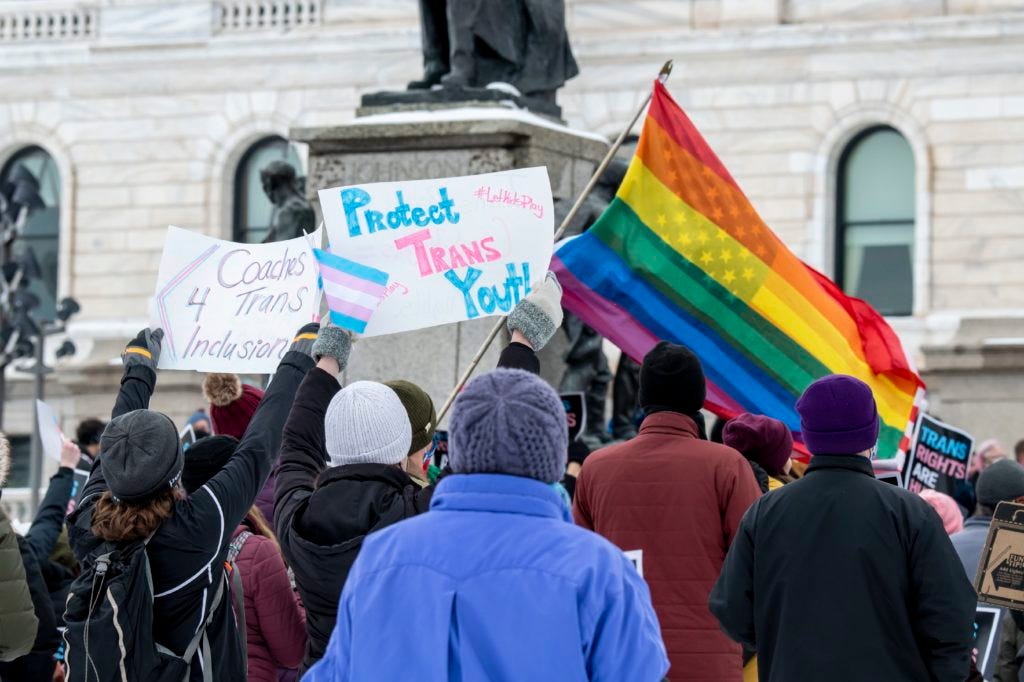Being a teenager is simultaneously the worst and best time of your life. You are beginning to experience the freedom that comes from getting your first job and first car, or the headiness of your first love. Perhaps you are planning the next phase of your life in deciding where to go to college, and what you want to do with your life once you get there. Football games, dances, and hanging out with friends are all a part of that best time. But with the sweet also come the sour. Troubles at home or at school, that first heartbreak when that first love doesn’t work out, and that always present peer pressure.
Peer pressure. Always thinking about, what others think of us. Looking back, you almost wonder why we weren’t exhausted all the time. It takes a lot of energy, guess it kind of works out that young people have enough energy to deal with it. As teens, we spend so much time just making sure we fit in, trying to be one of the “cool kids.” Most of us are fortunate enough, that when we don’t quite measure up to the cool kids, we have plenty of other average humans around like us to form our own cool kid group. Peer pressure has certainly evolved. Nowadays, it seems to be coming at kids from everywhere. School, TV, the Internet, social media, all bombarding teenagers about what they should wear, what music they should listen to, what to think about certain issues, and even who they should be. A Centers for Disease Control and Prevention study showed that in 2021, a survey of 17,232 high school students between the ages of 14-18, three-quarters claimed to only be attracted to members of the same sex. Among the rest of those surveyed, 12% said they were bisexual, 3% were either gay or lesbian, and 9% said “other,” which could mean asexual, pansexual, or just generally questioning their sexuality in some way. Fast forward two years, and approximately 1 in 4 high school students say they are gay. From 2017 to 2020, it was estimated that 1.4% of 13-17-year-olds and 1.3% of 18-24-year olds said they were transgender. The percentage of American adults who said they were transgender was around 0.5%
All this math might seem a bit off. In 2023, 25% of high school students aged 14-18 say they are gay. The approximate percentage of the gay population nationwide as of 2021, which are the most recent numbers, is 7.1%. Life for that 7.1% of Americans is much easier today than it might have been even 10 or 15 years ago. No one is forced to enter a fake marriage ala Rock Hudson in the 1950’s to maintain a career. Regardless of what the media wants us to think, Americans are generally a pretty accepting group of people, and that is a good thing. Also, no one will argue, that many of those kids are telling the truth. They might tell you that they knew from a very young age, that something about them was different. We tend to know ourselves best. But what about the others?
Before we answer that, let’s take a look around American pop culture. Every television show, every movie, everywhere on the Internet and social media, Americans can find people who look and are, exactly like them. Again, not a bad thing on its face. But what happens when some of those images, or the ideas that come with them become the dominant ones, and those images and ideas are constantly being seen by someone who is naturally confused and questioning? Can someone who is questioning themselves be pushed to think they are something that maybe they really aren’t? What if that confused and questioning person is also being told that what they are seeing is the hip and cool thing to be or do? If you are someone, especially a teenager, who is having a lot of questions about who you are, it could be some undue influence.
American teenagers are told that they should do a lot of things to fit in and be cool. When you are a teenager, fitting in is the most important thing. Whether to smoke, drink, do drugs, or have sex with anyone before they are ready, are things that teens have grappled with for generations. They have also grappled with figuring out their own sexuality. Is the difference in this age of drag queens and biological males competing in women’s sports, that some teenagers are concluding that, unless they say they are gay or transgender, they won’t fit in, or be “cool?” and how is this message being transmitted through the culture? There is an element of the transgender movement that is extremely militant. Agree with us or else. Are they the ones in charge of spreading this message? There is also a sub-element to the militancy that is one of propaganda. Is this what teens are buying into?
As stated earlier, rational Americans really don’t care what you do in your private life. If you are an adult, they have a “you do you” kind of attitude. And for all the yapping the mainstream media does about how Americans are homophobic, and transphobic, America is the one place where you can be gay or trans. Try being either one of those things in someplace like Iran or China. You won’t be either for very long.
The propaganda arm of American pop culture is, unfortunately not going away anytime soon, and seems to be more brutal on teens than ever before. Maybe the reason the propagandists are so loud, is that they are afraid teens will listen to their inner voice and be who they are, regardless of who that is, before they march in lock step with the outer voice.





